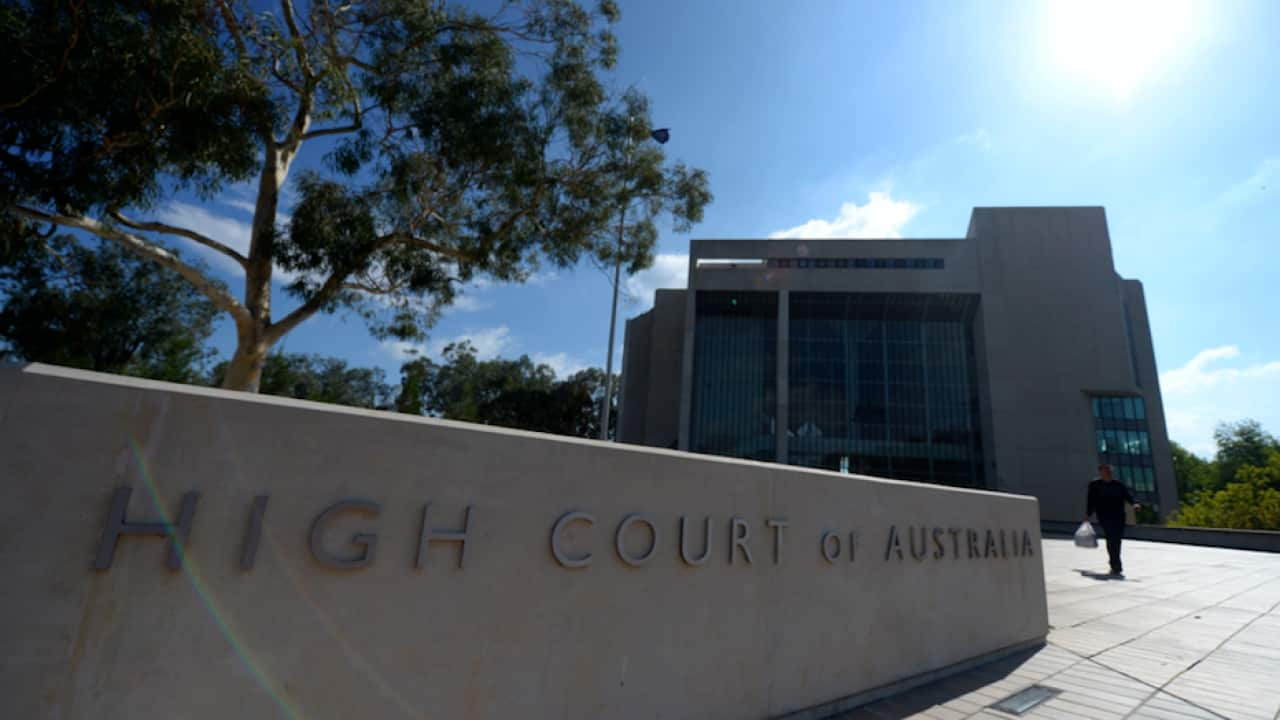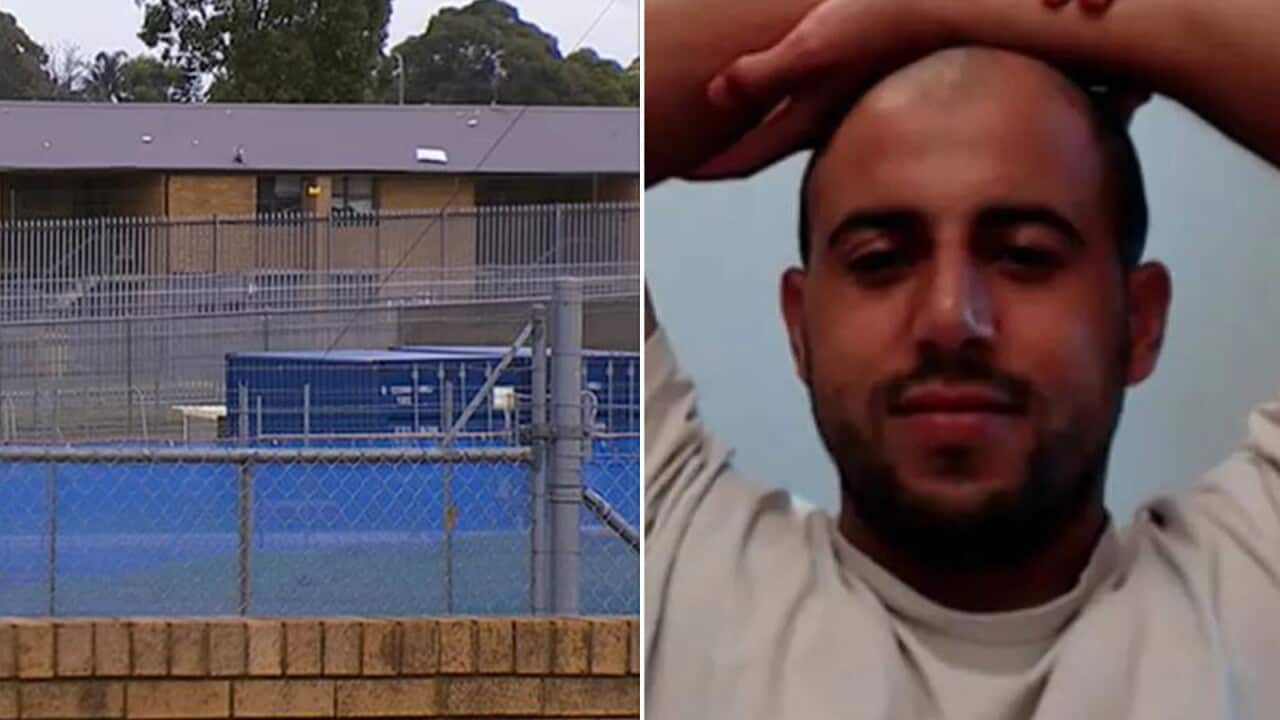A man whose case the United Nations have termed an "extreme example of statelessness”, has seen his attempt to challenge Australia’s onshore detention system rejected by the High Court.
The man - referred to in court as ‘Plaintiff M47’ – does not know where or when he was born and has been in Australian immigration detention without charge since arriving in Melbourne from Norway in 2010.
He believes he was born in Spain’s Canary Islands before being taken to the disputed territory of Western Sahara.
Lawyers for M47 wanted to reopen the landmark 2004 Al-Kateb v Godwin ruling – which effectively enabled the country’s indefinite immigration detention system - to overturn his own indefinite detention.
But the outcome did not go his way in Canberra on Wednesday.
The decision was made after Chief Justice Kiefel rejected questions one and two raised by the M47’s lawyers.
The questions addressed whether sections 189 and 196 of the Migration Act (1958) actually authorised plaintiff M47 to be detained for nine years, and if so, whether this decision was beyond the Commonwealth’s power.
The court also rejected points three and four presented by the M47’s team regarding relief and costs for him had the first two questions been satisfied. Instead, the court found he himself would be liable for the costs of and incidental to his case.
Despite the verdict, the M47 said: “Alhamdulillah [I thank God]. Everything is in God’s hands and everything happens for a reason … I am so lucky to have all these people come out and support me today.”
His wife said: “Regardless of what happens, God is with us and I am with him and support him 100 per cent.”
The immediate judgement came after the full bench of the High Court adjourned three times following questioning and speculation regarding the credibility of the plaintiff’s statelessness.
Chief Justice Susan Kiefel asserted that he had “delivered various conflicting accounts,” when previously addressing his background and origins, to which Queens Counsel Ron Merkel, representing him, claimed, “Objectively there were no circumstances where he could conceal [the facts].”
The court also questioned M47’s lack of cooperation when asked to have his Arabic dialect tested by the Algerian and Moroccan embassies to which his counsel argued that he had already been rejected by both states when interviewed in 2012.
His counsel also believed that merely tracing back the resonance of his dialect would not be enough to ascertain his origins.
George Newhouse from the National Justice Project told SBS News: “The plaintiff is unidentifiable, he doesn’t know where he was born, he’s stateless and essentially there is nowhere to deport him to”.
“For the applicant, I can only imagine that it would be a humanitarian disaster. He has been in immigration detention for nine years and he would continue to be detained at least on the current facts.”
M47’s lawyer, Alison Battison declined to comment.
Despite the outcome, attendees at the crowded hearing said they remained hopeful for M47’s future.
Sara Saleh, volunteer for activist group Refugees in Mind said on Twitter: the “case may have been dismissed but the door to challenge Al-Kateb and Australia’s regime of indefinite detention has not been permanently closed”.
The court will meet again on Thursday to readdress the decision in more detail and confirm the payment to be incurred by M47.



